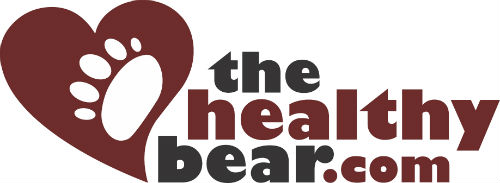Hey there Guys,
Today I was going through my normal process of keeping up with the news when I came across this wonderful article in The Huffington Post: Isolation Kills and Community Heals.
Let me tell you a story from the book, Outliers: In the 1950’s a physician discovered a small town in eastern Pennsylvania where there was virtually no heart disease under age 65, no suicide, alcoholism, drug addiction, peptic ulcers, and very little crime. People died from old age. Researchers conducted a thorough study and found that the usual suspects — diet, exercise, genetics and location – were not at play. Then they began to notice how the town folk interacted: how they visited with one another, stopping to chat on the street, how they cooked for each other in their backyards, and shared three-generation meals. They learned about the extended family clans underlying the town’s social structure. They observed the egalitarian ethos of the community, which helped everyone feel safe and connected.
The article then moves on to talk about the role of therapeutic communities in helping heal those having returned from the war in Iraq:
Coming Home retreats create a culture in which the wounds of war are enveloped in a non-judgmental community that holds participants in its arms with an unconditionally loving embrace. Retreats develop aliveness, bonding, emotional regulation, meaning and purpose. They are not therapy but they are therapeutic, creating a safe community of belonging where veterans and their families share their stories, practice wellness skills, enjoy expressive arts and recreation in beautiful natural settings, and partake of a secular ritual that honors and helps integrate experiences. The fear of stigma vanishes and participants connect with resources in their communities and with opportunities for meaningful public service and dialogue with civilians.
Retreats are peer support driven and guided by trained teams of therapists, chaplains, veterans and family members. What we cannot hold, we cannot process. What we cannot process, we cannot transform. What we cannot transform haunts us. It takes other minds and hearts to help us heal our own, to help us grow the capacities we need to transform suffering. This is done in concert, reweaving the web of connective emotional, relational and spiritual tissue that cumulative trauma tears asunder. With an informed, responsive culture, it is possible to transform ghosts into ancestors, to make what haunts us something we can hold and properly remember.
In the gay world there is a wide and varied group of individuals, from those with a love of dancing, furry men lovers, leather men, gay bookworms, heck even the knitting crazy. Each group forms a community as such however I wonder how well we treat each other as part of these communities.
If you see a friend or acquaintance you have met at a bar on the street, do you stop and say hello? If you heard that one of your Facebook friends was struggling would you make contact with them to make sure they were OK? If you saw someone you know from the scene but havn’t yet met when you are shopping would you smile? Not necessarily in a sexual way but in a “hey you are my brother and it’s great to see you” way.
Sometimes we can be very harsh to each other in the gay community. My only question would be, why?
For the past few months I have been involved in a therapeutic community who’s meeting space is via social networking. Here we are able to offer support and care for men who are struggling with depression, bipolar disorder, anxiety. A nutter butter club of sorts.
Though this virtual space we have been able to offer support, care and we’ve created a space where we feel safe, loved and honored. A community of men where we don’t have to explain, we can let it all hang out and we support and care for each other.
Still in it’s embryonic stage this virtual space can spill over to the real world. We honour these caring connections keeping an eye out for our mates and that nod of understanding.
So who is in your community, and what have you done for them recently? Remember it’s the small things that can make the biggest difference.
Yours not only in good health but also brotherhood.
Dr George

Leave a Reply